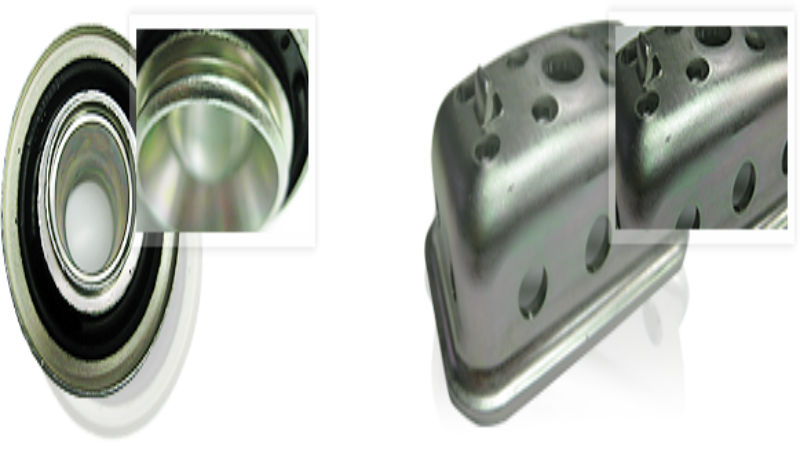In 2006, Europe put into force the Reduction of Hazardous Substances (RoHS) Directive. Its intention was clear – to reduce and remove the use of hazardous substances from various products. In the United States, diverse legislation undertakes to reduce the amount of cadmium in such things as paint pigments and corrosion resistant plating on steel. Such actions seriously affect metal fabricators. However, a solution for specific demanding industries, e.g., aerospace, defense, the military is possible with black zinc nickel plating acting as a replacement for cadmium.
Cadmium Versus Black Zinc Nickel Electroplating
Cadmium has long been a preference in aeronautical and military defense applications as other industries. Its ability to resist corrosion, provide a high-quality electrical response and function optimally in harsh environments made it the best choice. However, the ongoing discovery of the toxicity of cadmium has brought this into question. Cadmium is simply not sustainable, environmentally, ecologically and geologically.
On the other hand, the use of black zinc nickel plating is sustainable. It also matches perfectly the demands of the industry and RoHS. Black zinc nickel electroplating is described as being:
* Environmentally friendly
* Electrically conductive
* Capable of withstanding highly demanding environments – in the salt spray performance it has a 500-hour rating while cadmium parts only take 200 hours
* Non-reflective
* Able to use at high temperatures – as high as 350 F (175°C)
In fact, black zinc nickel coatings with its compatibility quotient prove to be more effective in some ways than cadmium coated components.
Black Zinc Nickel
The implementation of the RoHS Directive and other North American legislation complicates matters for certain industries. The movement towards cleansing the metalworking industries and other manufacturing concerns from using environmentally and physically harmful products continues to impact entire industrial production systems. However, in situations where cadmium seemed essential, fabricators have arrived at a viable replacement. This is the more eco-friendly and highly effective process of black zinc nickel plating.

